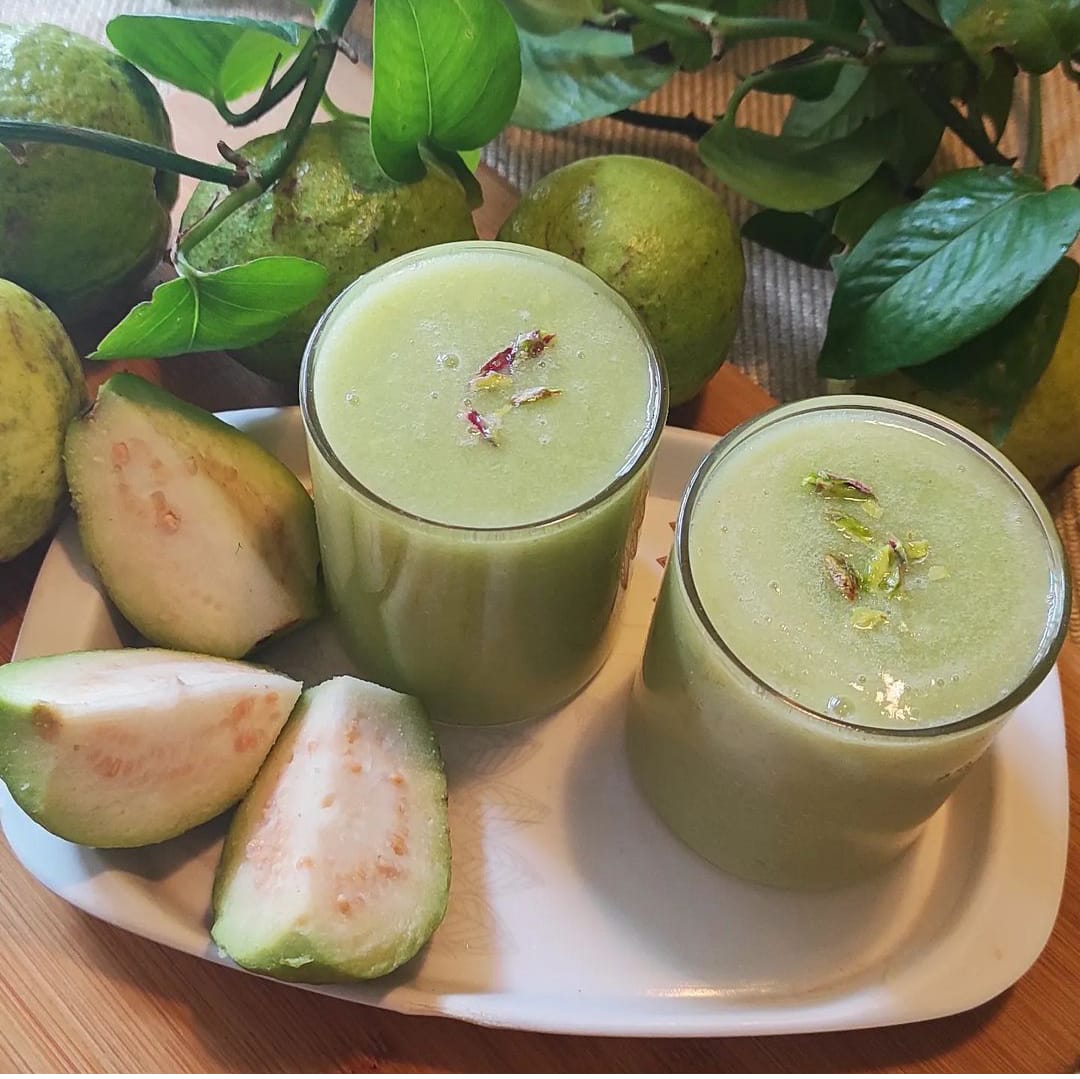Table of Contents
Native to Central and South America Kalawalla, also called Polypodium leucotomos is a type of fern plant. Kalawalla root and traditionally used in herbal therapy has drawn interest due to its possible health advantages, especially for immune system and skin health. But it has potential advantages as well as disadvantages much like most herbal medicines. Here is a summary of the benefits of kalawalla as well as some things to keep in mind.
10 Health Benefits of Kalawalla Root

1. Improves Immunity
Kalawalla is celebrated for its general immunity-boosting effects. It may help people suffering from autoimmune disorders such as multiple sclerosis and lupus by controlling an overactive immune response.
2. Protects Skin from UV Damage
The salience of the benefits of Kalawalla is protection against UV radiation. It can exert a natural photoprotective action reducing, the chances of sunburn and other cutaneous injuries that are related to UV radiation.
3. Supports Skin Health
Psoriasis and eczema are some skin disorders Kalawalla is useful for. It may contribute to generally better skin by lowering irritation and inflammation.
4. Combats Free Radical Damages
The antioxidant present in kalawalla checks on oxidative stress thereby bringing down the damage caused by free radicals. This might prevent cell damage and could reduce the aging process.
5. May Be Useful for Autoimmune Diseases
This immunomodulatory effect of kalawalla, by balancing the immune response, should be of benefit in autoimmune diseases. It is an indication that it can serve as a herbal remedy for diseases like Crohn’s disease and rheumatoid arthritis.
6. Inhibitory Effects
Kalawalla has anti-inflammatory action which helps the body dampen inflammation; this is useful in diseases such as arthritis and other inflammatory diseases.
7. Enhances Brain Activity
According to some studies, kalawalla may prevent brain cells from oxidative damage and enhance cognitive function. This might be beneficial for those who suffer from neurodegenerative conditions such as Alzheimer.
8. Favorable Respiratory Health
Kalawalla decreases inflammation in the airways, hence may be favorable for respiratory and lung health conditions. This could benefit conditions that include chronic bronchitis or asthma.
9. Fosters Joint Health
Anti-inflammatory properties in Kalawalla can help promote joint health since people suffering from arthritis or other types of joint problems may exhibit less stiffness and pain.
10. Promotes Healthy Digestion
Kalawalla has the potency to positively affect the digestive system by reducing intestinal inflammation. It is used to promote general gut health and decrease the symptoms of diseases like IBS.
Five Potential Kalawalla Root Side Effects
1. Digestive Issues:
Side effects of nausea, diarrhea, or upset stomachs may follow after taking kalawalla. Persons with sensitive stomachs are advised to take low dosages and observe how the body reacts.
2. Hypersensitivity Reactions
Though rare, some are allergic to kalawalla and may develop itchiness, swelling, and skin rashes. If these symptoms occur, discontinue using the product and consult a doctor.
3. Lowers Blood Pressure
Blood pressure is lowered by kalawalla, which could be dangerous for those individuals who already take medication for high blood pressure or who are susceptible to low blood pressure. If you are on blood pressure medications, consult with your doctor before taking kalawalla.
4. Interaction with Immunosuppressive Drugs
Since kalawalla alters the immune system, it may have adverse interactions with immunosuppressive drugs, which are usually prescribed for autoimmune diseases. Consult a medical expert before using any prescription medication with kalawalla.
5. Contraindicated during Lactation and Pregnancy
Very few studies have been conducted about the use of kalawalla on either expectant or nursing mothers. Its use during these conditions is best avoided unless a health professional recommends it.
Brief Discussion about the Benefits of Kalawalla Root

Tropical fern Polypodium leucotomos or kalawalla root has long been used for its supposed medicinal properties. It is frequently used to treat autoimmune diseases strengthen the immune system and improve skin health. The ability of Kalawalla root to control the immune system makes it a valuable remedy for vitiligo, eczema and psoriasis, among other disorders. Additionally its antioxidant qualities lessen inflammation and shield the skin from UV ray damage.
It is thought that kalawalla has neuroprotective properties that promote mental well being and guard against neurological diseases. Because of its anti inflammatory qualities it might also aid in enhancing joint health and reducing arthritic symptoms.
Even though Kalawalla is generally well tolerated it’s crucial to be aware of any possible adverse effects. Some users report experiencing moderate digestive problems, such as diarrhoea. Without the advice of a healthcare provider, Kalawalla may not be appropriate for people with specific autoimmune diseases because to its immune-system modulating properties. Additionally because there is not enough information about Kalawalla’s safety in these populations ladies who are pregnant or nursing should refrain from using it.
All things considered kalawalla root may be beneficial to your health, particularly for your immune system and skin. But, it’s crucial to utilize it with caution and speak with a healthcare professional before adding it to your regimen, especially if you have underlying medical issues.
Related posts. Guava juice: Health Benefits. click here
FAQs
What is Kalawalla Root?
Native to Central and South America Kalawalla, also called Polypodium leucotomos is a type of fern plant.
How is Kalawalla Root used?
There are several ways to eat Kalawalla Root such as tablets, capsules, tinctures and topical lotions. The intended use such as internal health benefits or skin care determines the form to choose.
What are the primary benefits of Kalawalla Root?
Do read out the blog post we have discussed in detail there.
Are there any side effects associated with Kalawalla Root?
Allergy responses, stomach distress, lightheadedness and skin irritation are possible adverse effects. To determine tolerance, always begin with a tiny dose.
Can Kalawalla Root interact with medications?
Yes, it may interact with certain medications, particularly those affecting blood sugar, blood pressure or liver function
Is Kalawalla Root safe during pregnancy and breastfeeding?
There is insufficient evidence to support its safety during pregnancy and lactation.
What is the recommended dosage of Kalawalla Root?
Dosage varies based on the form of the supplement and the condition being treated.
For fitness blogs click here

Ankush Kumar is a professional content writer and the founder of Healthnick.com. He is a health and wellness enthusiast with a deep interest in nutrition, fitness and holistic living. Harish is committed to delivering research-based insights on various health topics. He enjoys exploring new trends in health, experimenting with nutritious recipes, and staying active.







What is the best way to remove kallwalla hair from the root